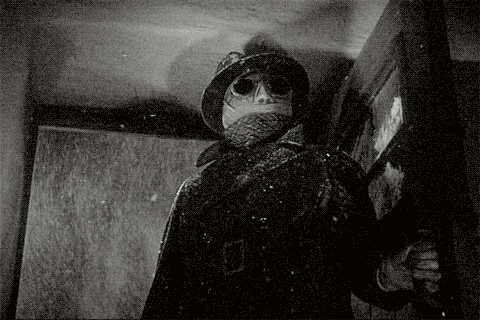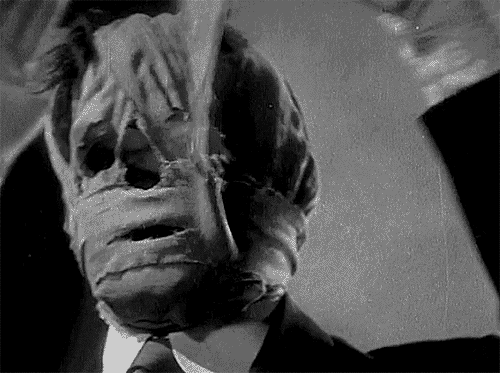What do you think?
Rate this book


180 pages, Paperback
First published February 2, 1897















It came suddenly, splendid and complete in my mind. I was alone; the laboratory was still, with the tall lights burning brightly and silently. In all my great moments I have been alone. ‚ÄėOne could make an animal ‚Ä� a tissue ‚Ä� transparent! One could make it invisible! All except the pigments ‚Ä� I could be invisible!‚Ä� I said, suddenly realising what it meant to be an albino with such knowledge. It was overwhelming. I left the filtering I was doing, and went and stared out of the great window at the stars. ‚ÄėI could be invisible!‚Ä� I repeated.
‚ÄúTo do such a thing would be to transcend magic. And I beheld, unclouded by doubt, a magnificent vision of all that invisibility might mean to a man ‚Ä� the mystery, the power, the freedom. Drawbacks I saw none. You have only to think! And I, a shabby, poverty-struck, hemmed-in demonstrator, teaching fools in a provincial college, might suddenly become ‚Ä� this.











